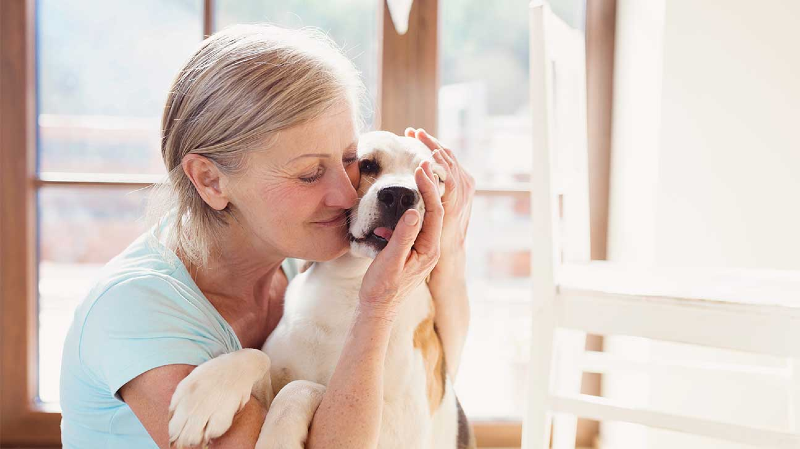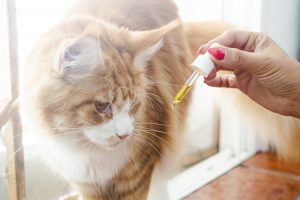People who have a mental or substance abuse issue often have a long list of reasons why they don’t want to go to rehab. Residential treatment programs may be scary and stressful, so it’s perfectly OK to explain why you’d rather not participate. When it comes to their beloved pet, one of the most compelling reasons is the issue of who will care for it while they are away or a deep dread at having to say goodbye for a month or longer.
Throughout our lives, our animals have been a constant source of companionship and support. Their unconditional love has a profound effect on our emotional well-being, and the joy that comes from their companionship has no limit. This not only enhances one’s chances of a successful psychological and physical recovery but also makes the treatment process more pleasurable for the individual. Pet-friendly rehab facilities provide a solution to the conundrum of how to care for a pet while simultaneously providing an incentive for people in need of treatment to seek the help they need. Choosing the pet friendly rehab is essential there.
A canine therapist’s tool
In the process of physical recovery, what role do pets play is unclear. Long-term drug or alcohol abuse, as well as mental health issues, may have devastating effects on the body, leaving the user physically exhausted. The benefits of having a pet while you’re healing can’t be overstated. Pet ownership has been shown to promote general health and well-being. A study funded by the National Institutes of Health found that the interaction between people and their animals may have a variety of positive effects on health (NIH). A pet may lessen your risk of cardiovascular disease by reducing your cholesterol and triglyceride levels, as well as your blood pressure and heart rate, according to the research.
In addition to improving your physical health, having a dog at your side throughout rehabilitation has been shown to have a positive impact on your mental health. Daily physical activity during treatment is good to the body in both the short- and long-term. Strength, endurance, flexibility, and stamina are directly benefited. Improved sleep and brain chemistry are two benefits that come from this directly.
Having a Pet While You’re Recovering Has Several Psychological Benefits
Therapy may put a strain on your mental health. Recovery often begins with a fair dose of concern, mixed in with feelings of shame and guilt that are common in the early stages of the process. For those who are struggling during this time, there is no better solution than having a pet snuggled close to them while they try to sleep Pets aren’t going to judge you, but they’re also not going to coddle you. Pets provide unconditional love and support, which is a huge asset throughout the rehabilitation and recovery process.
As long as you have a pet to keep you company, you’ll be able to reduce symptoms of anxiety, depression, and tension. Taking a dog for a walk in the sunshine and fresh air is a natural method to alleviate stress since stress may be a trigger for relapse. There is a decrease in tension, rage, and anxiety as a result of these causes.
The following are some of the additional benefits of having dogs in rehabilitation programs
It’s possible that going out in public with a pet might lead to new friendships, which can be a positive experience on many levels.






More Stories
Top 10 Signs Your Pet Needs to See the Vet Immediately
The Best Shrimp for Your Tropical Tank: A Guide to Freshwater Shrimp Species
Dogo Argentino vs. Pit Bull: Which Breed Is Right for You?